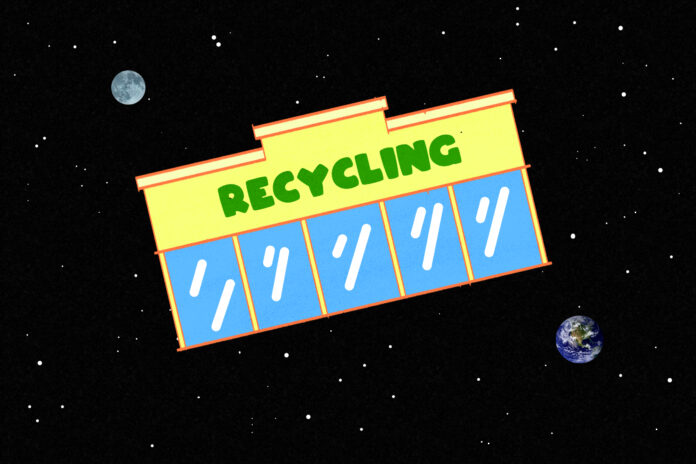Various research and other opportunities are available locally in robotics and engineering
Yolo Robotics, a local Davis business, recently received a grant from NASA for its project proposal to recycle metals in outer space.
Yolo Robotics Founder and Chief Technology Officer Dr. John Shepard, who conducted his postdoctoral research at UC Davis, explained that Yolo Robotics of Davis is focusing on “space technology development.”
Shepard explained that Yolo Robotics is a small business, currently run by himself and Graham Ryland, who received his Masters from UC Davis. Both of them work out of their own garages.
Shepard said that he and Ryland see a possibility of “a gold rush in space and space exploration,” and that they are working to support that. He explained that he wants Yolo Robotics to create the tools necessary for this “gold rush.”
“We’re trying to develop some of the key technologies to support those endeavors,” Shepard said. “[We’re] thinking about the gold rush, like the picks and the shovels—not necessarily doing the gold mining ourselves.”
NASA and other government agencies provide funding to support research toward technologies and areas they are currently or planning on pursuing. Shepard explained that Yolo Robotics applied for a Small Business Innovative Research Grant at NASA “to explore applications or the technologies for recycling in space.”
It’s hard to get to space and launching something into low Earth orbit (LEO) can cost approximately $2,000 per pound or $1,000 per kilo.
“Once it’s there, it usually stays up there quite a while,” Dr. Shepard said. “But there’s that initial cost of getting up there and then the further away you get, the harder it is to get there, so NASA’s goal in pursuing recycling was to try to help out with the logistics of space exploration.”
Shepard explained that Yolo Robotics’ technology allows for the repurposing of problematic “material that is up in orbit right now,” such as satellites or rocket bodies that were previously launched and are now debris that can collide and break into many smaller pieces.
“If you’re thinking about those same big pieces of material up there—big rocket bodies or whatever—if those collide, then they create space debris or they create more pieces of junk, and that’s the problem because the more pieces of junk, the more likely for there to be another collision and therefore another collison after that,” Shepard said.
Shepard described how the grant would enable Yolo Robotics to perform technical research with high-end equipment.
“The grant will allow us to buy some equipment, like vacuum chambers and the pieces that we will integrate into this—basically it’s a bunch of electromagnets to levitate and belt metal—and then we can reform it into arbitrary shapes, which is going to be pretty incredible to see,” Shepard said.
Right now, Yolo Robotics of Davis is doing “the preliminary research to see if this is feasible and if it makes sense to pursue further.”
Although Yolo Robotics doesn’t have any student interns at the moment, UC Davis provides the Student Startup Center for students interested in creating their own startups. These startups can be in any field, including robotics and engineering. Student Startup Administrator Dawn Strickland explained that the center offers a space where students can meet peers with similar interests, discuss ideas and find local mentors.
“Our makerspace is a place where our student managers use machines such as a 3D printer and laser cutter to turn student visions into physical reality,” Strickland said via email. “In our Visual Thinking Lab, students can produce and experience augmented and virtual realities.”
The Student Startup Center also offers classes that can be used to earn academic credit. There are also daily workshops or events that allow students to connect with venture capitalists and entrepreneurs and learn about “business, technology and prototype development from peer student managers and subject matter experts,” Strickland said via email.
The UC Davis C-STEM Center can also provide robotics-related opportunities to K-12 students. UC Davis C-STEM Center Program Manager Jeff Hescox explained what the center offers.
“The UC Davis C-STEM Center is a UC-approved education prep program,” Hescox said. “We have 17 different courses and curriculums for K-12 education with an emphasis in mathematics, coding and robotics. We provide professional development, training and assistance with schools and school districts to implement a different way of learning mathematics, and we do that through computing with robotics.”
Hescox described how the UC Davis C-STEM Center is also passionate about trying to “lessen the achievement gap, especially for underrepresented populations,” so they try to focus on schools and school districts with underrepresented students, such as “English-language learners, or just students that have traditionally been kind of left behind when it comes to education.”
Written by: Shraddha Jhingan — city@theaggie.org




